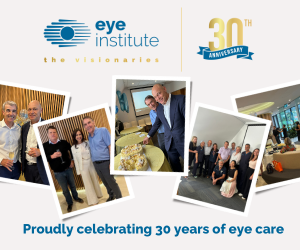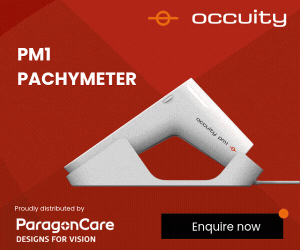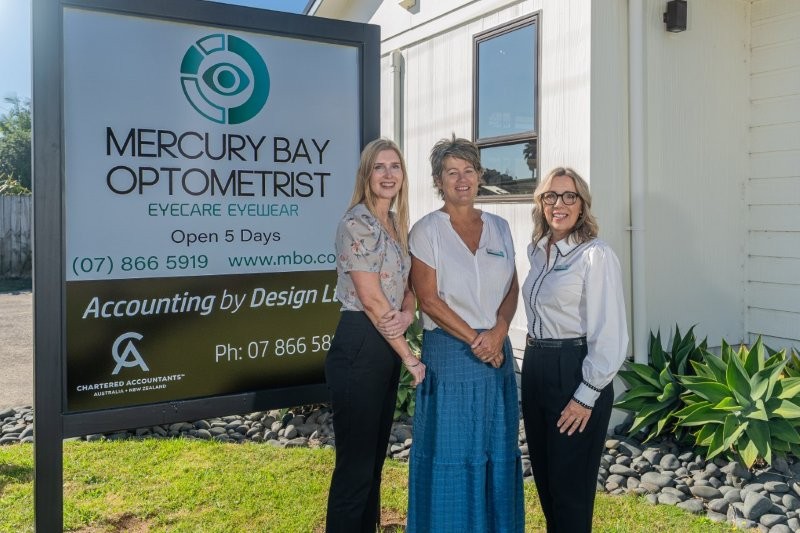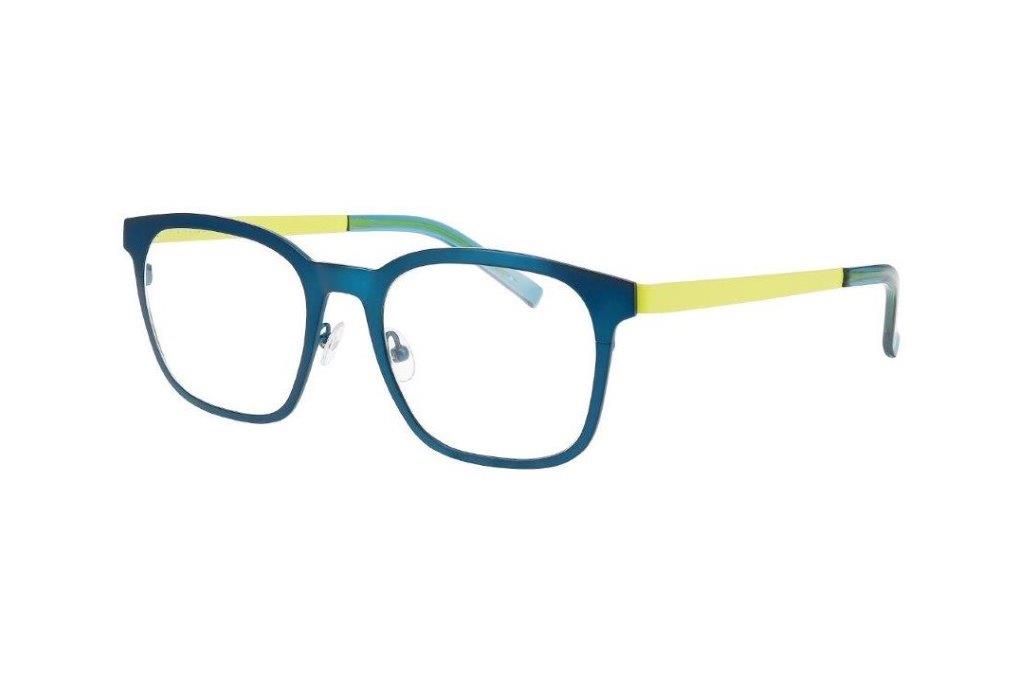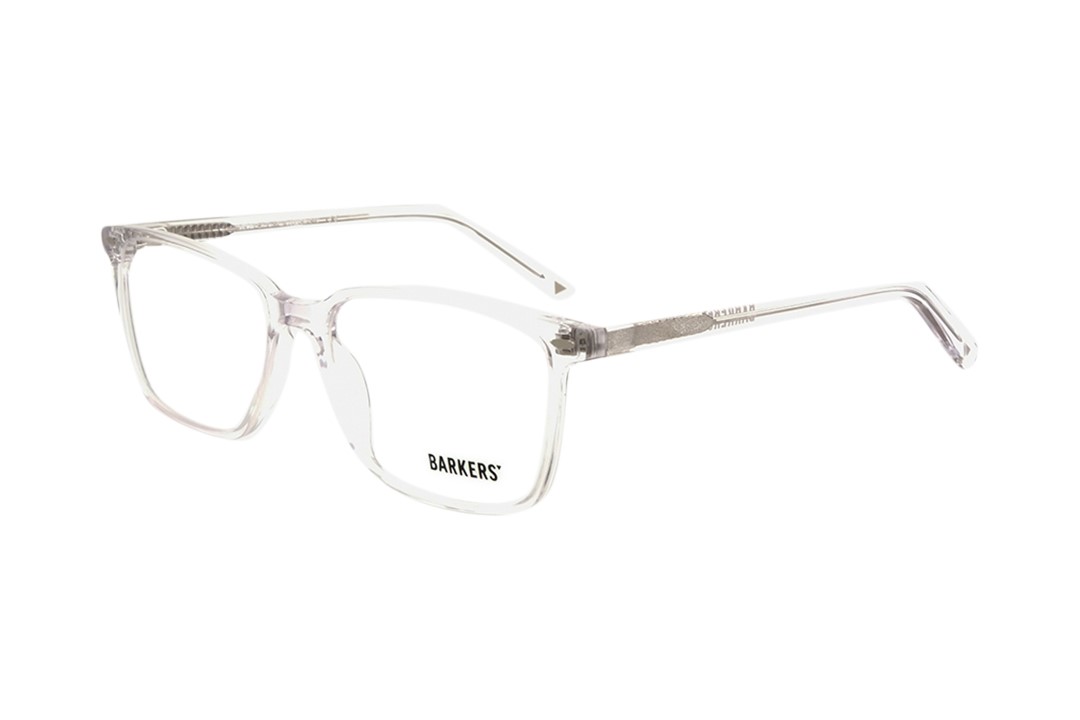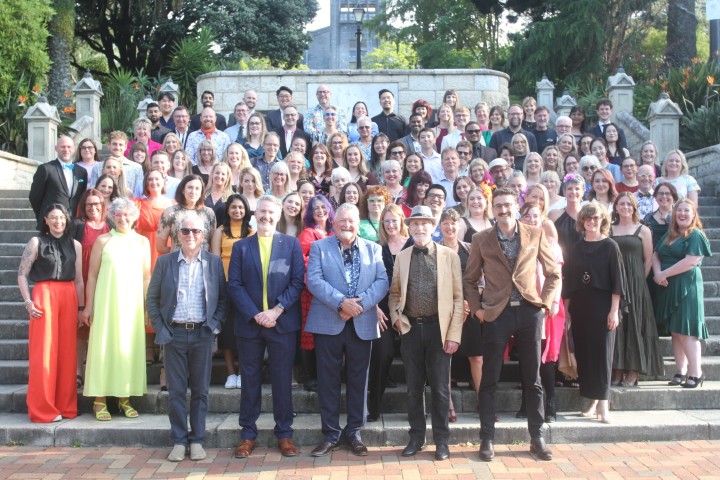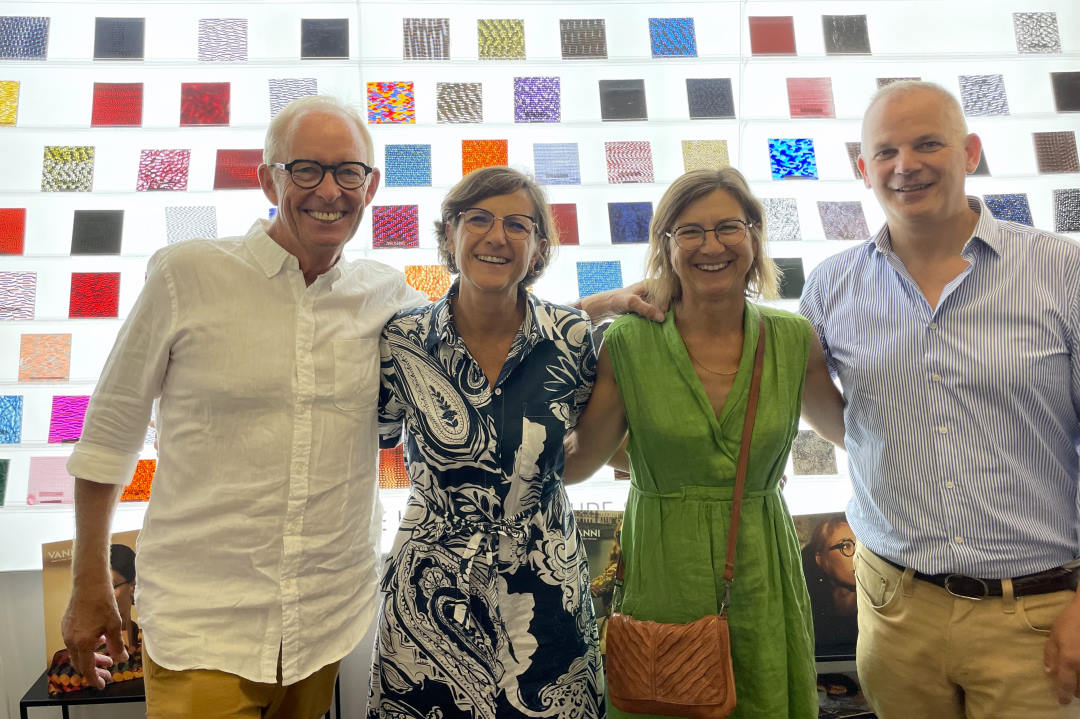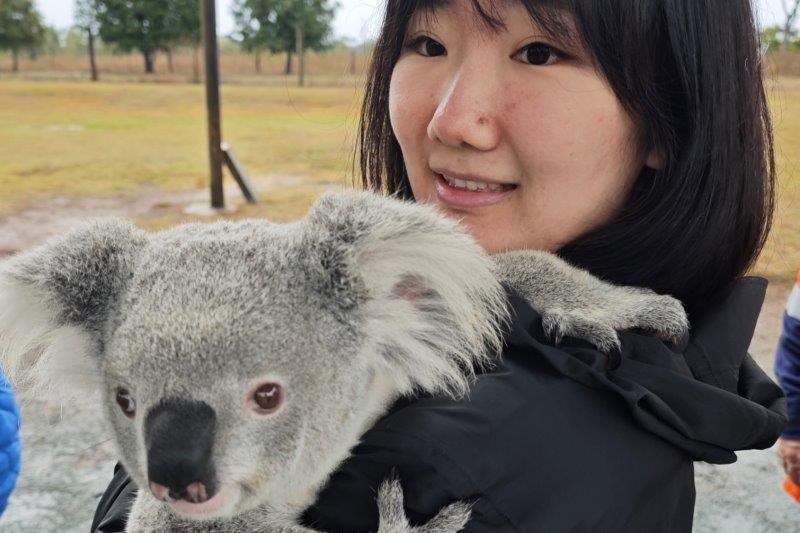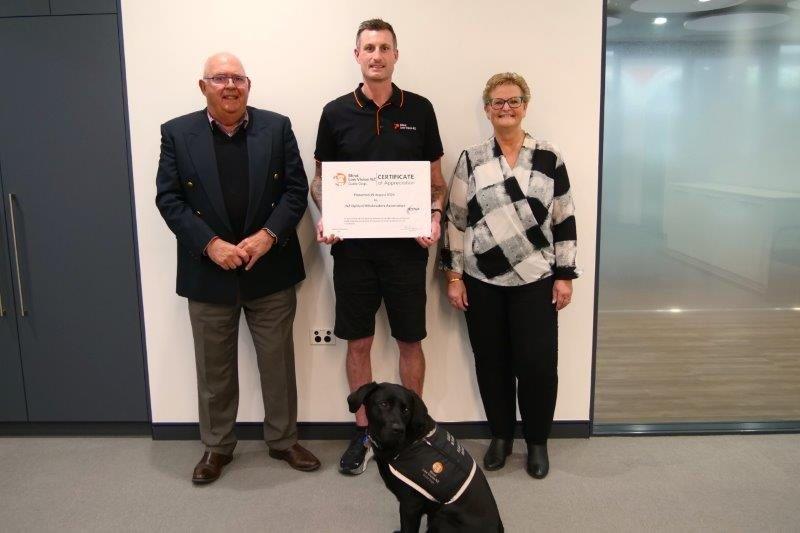New myopia specs trial underway
US-based ophthalmic development company Kubota Vision has partnered with the Centre for Eye Research Ireland (CERI) and Technological University Dublin (TU Dublin) to conduct clinical trials into its prototype Kubota Glasses, designed to slow the progression of myopia.
The studies will be led by Dr James Loughman, professor of optometry and vision science at Dublin Institute of Technology and head of CERI, and paediatric ophthalmologist Associate Professor Ian Flitcroft from the University College Dublin (UCD) and TU Dublin.
"We are delighted to be working with Kubota Vision to conduct clinical studies on the wearable device prototype at CERI/TU Dublin,” said A/Prof Flitcroft. “This device brings decades of animal research on the impact of retinal defocus on eye growth into the clinical arena. The most interesting aspect of this work is that rather than relying on passive optics, customisable patches of defocused light are projected onto the retina. This provides complete separation of the optical correction of myopia and the stimulation of the peripheral retina in order to modulate eye growth."
Earlier this year, Kubota Vision completed a study of a tabletop optical device that projected myopically defocused images onto the peripheral retina of subjects to determine whether this could control the progression of myopia. The results of the study demonstrated that axial length decreased in the test eye compared to the control eye. Having subsequently completed a proof-of-concept (POC) clinical study showing that this effect can be replicated with a wearable iteration, Kubota Vision sought the help of Prof Loughman.
Sharing Kubota Vision’s goal, new products such as CooperVision’s MiSight children’s contact lenses, and Essilor’s Stellest and Hoya Vision’s MiyoSmart spectacles achieve myopic defocus passively, with Stellest and MiyoSmart demonstrating the ability to curb myopia progression by 60% and 59%, respectively.





